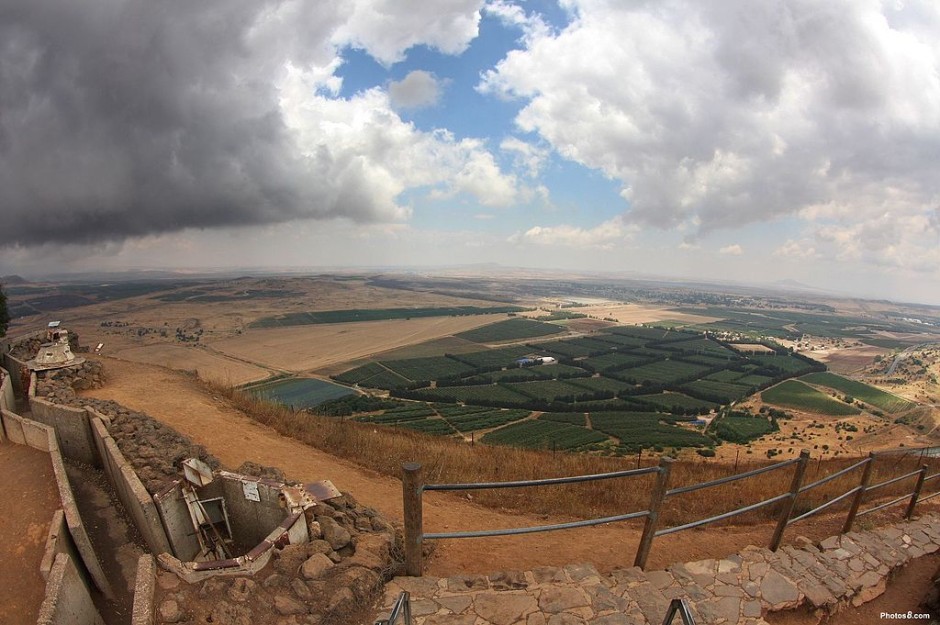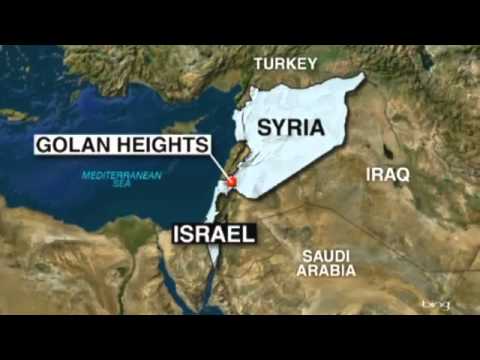Israeli Defence Minister Moshe Yaalon warned recently that Israel will not tolerate attempts by its enemies to destabilize its northern border.
But that’s exactly what Hezbollah and its ally, Iran, claim they will do following an upsurge of violence on the Golan Heights, where the borders of Israel, Lebanon and Syria converge.
With Syria embroiled in a civil war that has claimed the lives of about 150,000 Syrians, Hezbollah, aided by Iran, has opened a new front on the Golan, which had been Israel’s quietest border region until the eruption of the Syrian civil war a few years ago.
Judging by truculent comments made by leaders of Hezbollah and Iran in the last two weeks, Israel should expect more outbreaks of fighting in the north.
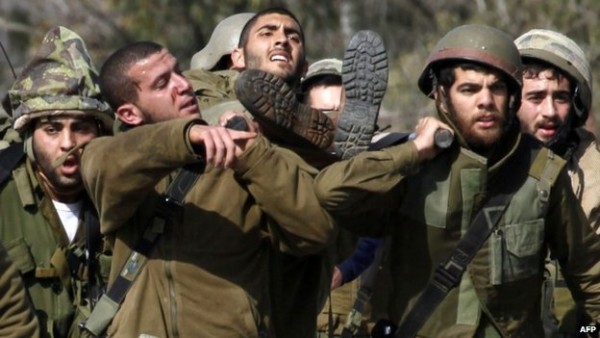
On February 2, less than a week after two Israeli soldiers were killed and seven were wounded by Hezbollah in a rocket barrage in retaliation for an Israeli drone strike on January 18 that killed six Hezbollah fighters and an Iranian general, a senior Iranian official warned that Iran still has unfinished business with Israel.
Alaeddin Boroujerdi, the chairman of the Iranian parliament’s national security and foreign policy committee, declared that Iran has a right to exact vengeance on Israel for the deaths of Mohammed Ali Allahdadi, an Iranian general, and Jihad Mughniyeh, a Hezbollah operative. Both were killed by Israeli fire near the town of Quineitra last month.
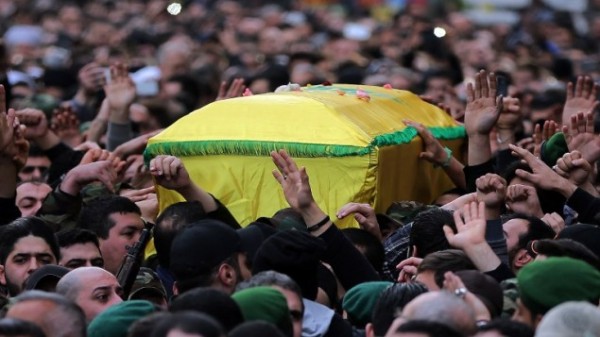
According to Israel, the pair were targeted because they were directly involved in overseeing a military infrastructure Hezbollah is building on the Golan, which Israel has occupied since the Six Day War.
Prime Minister Benjamin Netanyahu claims that Hezbollah’s patron, Iran, seeks to open multiple fronts in its “sustained” war against Israel. He blamed Iran for the rocket volley that killed two Israeli soldiers in the Shebaa Farms sector of the Golan on January 28.

Observers described that incident as the most serious flareup in the tri-border area since July 2006, when Hezbollah launched a raid into Israel during which three Israeli soldiers were killed and two were kidnapped.
Israel proceeded to bomb Hezbollah bases, triggering the 34-day Second Lebanon War, during which more than 1,000 Lebanese and some 160 Israelis were killed.
Since the fighting on January 28, the commander of the Iranian Revolutionary Guards, General Mohammed Ali Jafari, has warned Israel to expect new “rules of engagement” on the Golan.
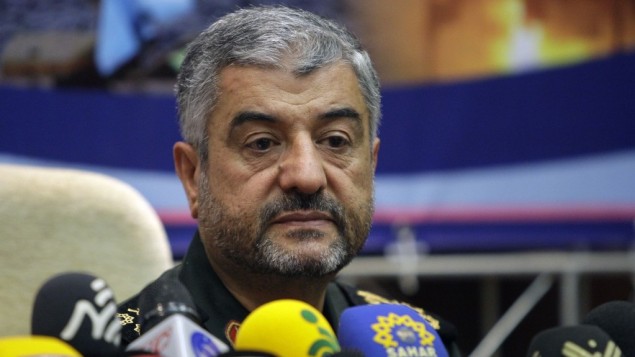
Future Israeli operations there, he said, will be met by a powerful response, declared Jafari, who had been previously quoted as saying said that Iran will widen its support of anti-Israel forces in the Middle East “until the final collapse of the Zionist regime.”
Jafari’s deputy, General Hossein Salami, has been just as belligerent. He has vowed to change the balance of power in the Middle East by opening “a new front across the West Bank, which is a major section of our dear Palestine.”
Jafari’s colleague, General Amir Ali Hajizadeh, the commander of the Iranian Revolutionary Guard’s missile division, has disclosed that Iran has provided Hezbollah and the Palestinians with short and mid-range rocket technologies.
Meanwhile, in Lebanon, the spiritual leader of Hezbollah, Hassan Nasrallah, has left the strong impression that his organization intends to engage Israel in further clashes.
On January 29, a day after an Israeli army convoy in Shebaa Farms was struck by six Russian-made Kornet missiles launched by Hezbollah fighters, Nasrallah warned, “This is the first installment of the open account between us and Israel.”
A day later, in a major speech, Nasrallah boasted, “We don’t fear war (against Israel), and we don’t hesitate facing it…”
Hezbollah, he asserted, would neither be “deterred” by Israel nor by its own involvement in the Syrian civil war on side of President Bashar-al-Assad.
“From now on, if any member of Hezbollah is assassinated, then we will blame it on Israel and reserve the right to respond to it whenever and however we choose,” he said. Hezbollah has “the right to confront (Israel) at any time, place or manner,” he added.
The editor of Hezbollah’s house organ, Al-Akhbar, Ibrahim al-Amin, has delivered a similar message to Israel.
“If the enemy decides to expand the confrontation, it should expect more painful strikes,” Amin wrote, saying that Hezbollah regards southwestern Syria as its sphere of influence, much like southern Lebanon.
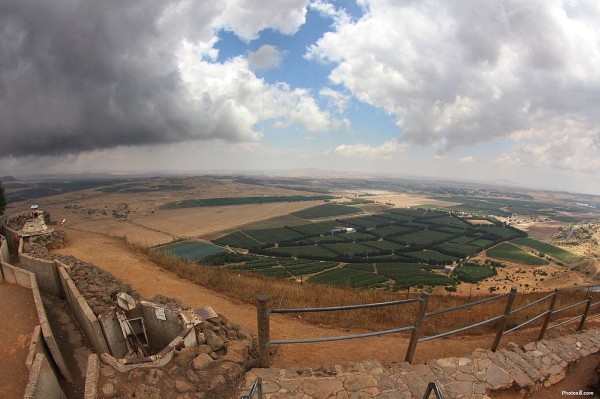
Presumably, Israel is taking these threats seriously.
Hezbollah, in league with Iran, attacked the Israeli embassy and the Jewish community center in Buenos Aires in 1992 and 1995 respectively. And since then, Hezbollah has bombed a tour bus in Bulgaria carrying Israeli tourists and attempted to bomb Israeli targets in Thailand, Azerbaijan, Cyprus and Nigeria.
The bottom line is that Hezbollah and Iran are on the war path. Israel, therefore, should be vigilant and pay even closer attention than it normally does to developments in Syria and Lebanon.
